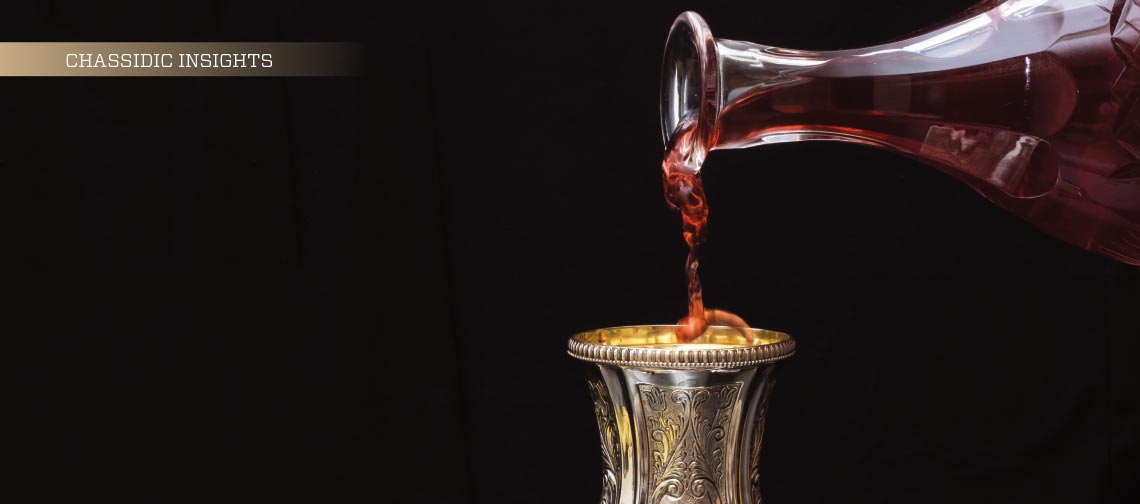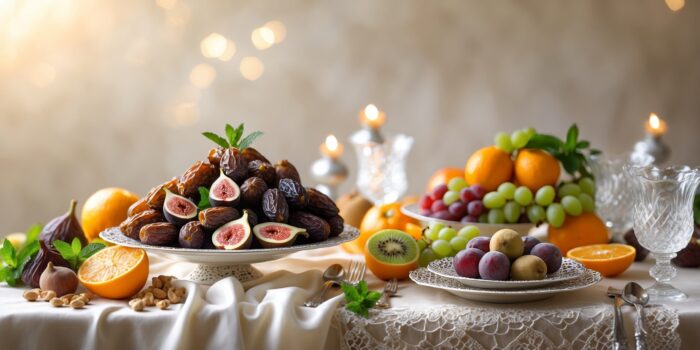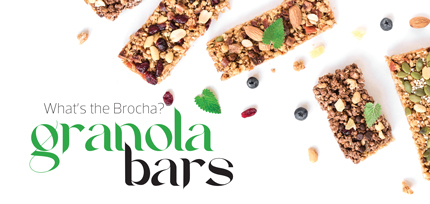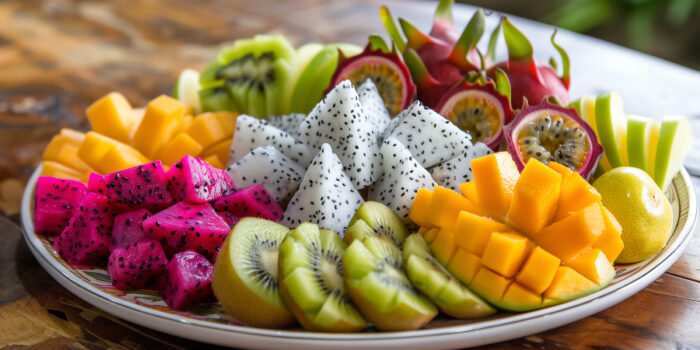Wine is among the most important drinks in Jewish life, especially on Pesach. The posuk says that wine yisamach levav enosh (it makes the heart rejoice) and we are commanded to drink wine to sanctify Shabbos and Yom Tov, consecrate a marriage, and as part of a bris milah, etc.
Wine plays a central role at the Pesach Seder, symbolizing the four descriptions of geulah mentioned in the Torah¹, and it is essential to know the laws of the brocha on wine.
Since wine is made from grapes, the brocha should have been borei pri ha’eitz²; however, due to its importance, the Chachamim gave it a special brocha, borei pri hagafen.
If, for whatever reason, the wine is too strong to drink, one cannot make the brocha of borei pri hagafen, until the wine is diluted with water or another liquid to make it fit for consumption. If the added liquid becomes the majority of the mixture, the brocha should be made on the added
liquid (shehakol).
If the taste of the wine is negatively impacted by the addition of a liquid other than water³, even if the wine is still the majority of the mixture, the brocha becomes shehakol.
Water, due to its neutral taste, does not negate the brocha of borei pri hagafen unless there are three parts water to one part wine in the mixture. If less water is added, but the wine becomes weak and loses its taste the brocha becomes shehakol. Though OK certified wines aren’t diluted with water, some hechsherim permit dilution. Therefore, it is best not to dilute wine with water or other liquid.
When determining the brocha, the taste of the wine is the deciding factor. Even if the wine smells like vinegar, if it still tastes like wine, the brocha is borei pri hagafen4.
If one needs to dilute their wine for kiddush or the Seder, it is best to consult with a Rav for specific instructions.
1 Among other reasons.
סברכה”נ א’ ב’ 2
סברכה”נ ז’ ו’ 3
שם ד’ 4


 EN
EN  ZH
ZH  KR
KR  BR
BR  ES
ES  IN
IN  IL
IL 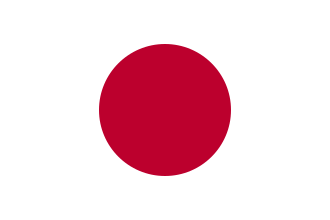 JP
JP 
